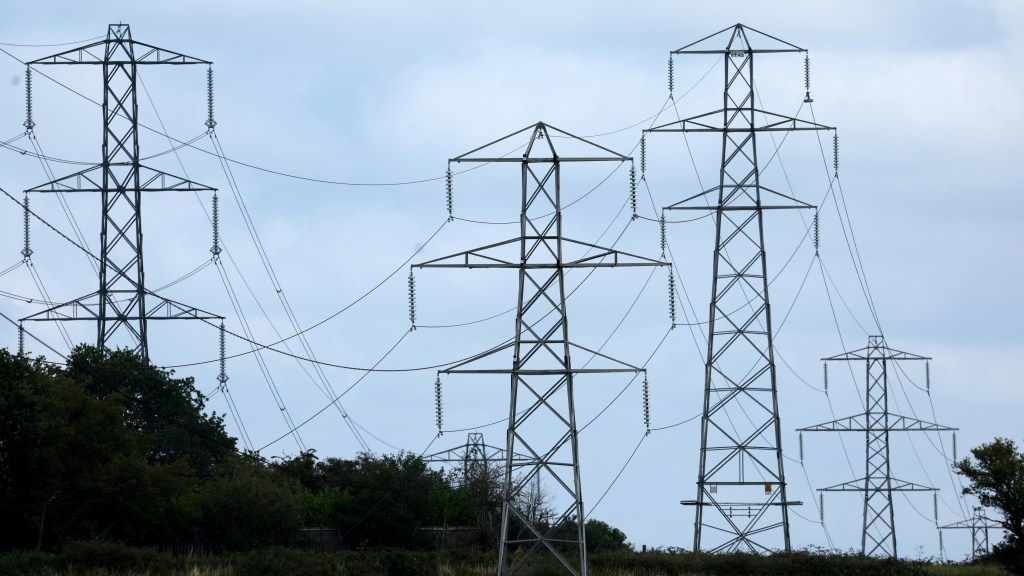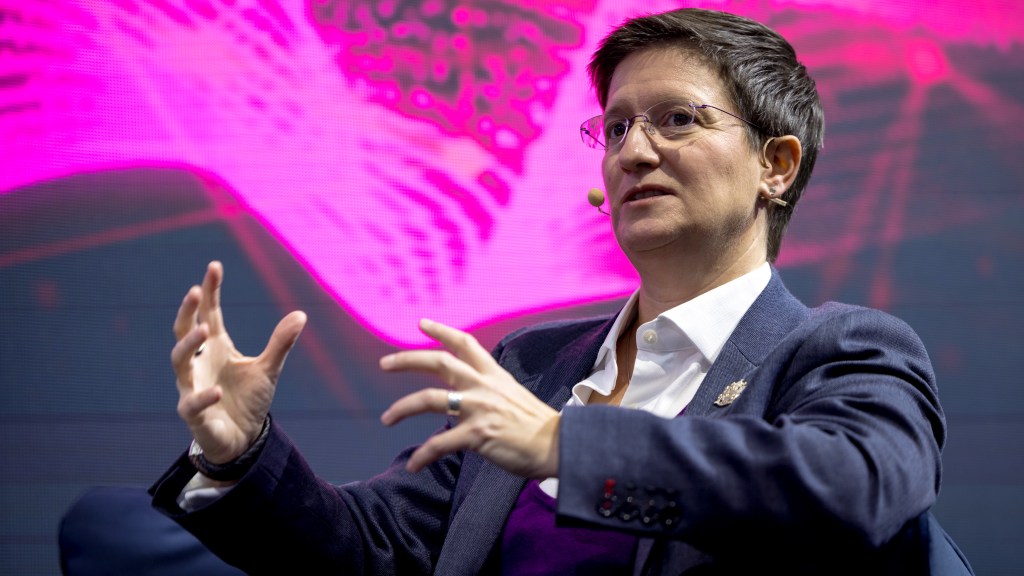UK Establishes New Entity to Manage Energy System and Lower Costs
The UK government is set to invest £630 million in acquiring the National Grid, the organization tasked with maintaining the country’s electricity supply, as it creates a new public entity dedicated to managing the energy system.
Launching in October, the National Energy System Operator (Neso) will function as an independent body, marking the first instance of combined oversight for both the electricity and gas systems. Energy Secretary Ed Miliband emphasized that this initiative aims to create a “network that is fit for the future.”
Concerns regarding potential conflicts of interest led to the establishment of the National Grid’s Electricity System Operator as a legally separate entity in 2019, forming the foundation for the new state-owned organization.
Neso will be responsible for balancing daily energy supply and demand across the grid, as well as overseeing crucial planning and design decisions. This includes identifying optimal locations for new power projects to match electricity generation with regions experiencing high demand.
The government anticipates that this new body will enhance energy security in Britain, reduce long-term costs for consumers, and increase the share of clean energy in the grid.
According to Miliband, Neso will play a significant role in reaching the government’s 2030 target for decarbonizing the energy system. He stated, “We need to transition Britain away from costly and unstable fossil fuel markets towards affordable, domestically produced clean energy. This approach will help lower bills, strengthen our energy independence, and create skilled job opportunities nationwide.”
The government plans to recover the majority of taxpayer expenses related to this acquisition through existing energy bill charges, which were previously allocated to the National Grid.
Proposals for a joint entity to supervise both gas and electricity networks emerged in 2021 under prior governmental leadership, following Ofgem’s recommendations for the separation of network operators from transmission system owners.
Ofgem Chief Executive Jonathan Brearley remarked that the formation of this unified body represents a significant advancement towards mitigating Britain’s vulnerability to volatile energy markets while ensuring access to clean, renewable energy for everyone. He noted, “Its mission is pivotal for long-term energy security and the daily operation of the system.”
National Grid, which owns and oversees much of the UK’s national power network, also acquired Western Power Distribution, the largest electricity distribution network, and is involved in the development of interconnectors, or subsea power cables. Details regarding the allocation of proceeds were not revealed, but the National Grid has announced plans for a £60 billion overhaul of the energy system over the next five years. This upgrade aims to enhance grid capacity and design to accommodate a significant rise in electricity demand.
At the close of trading, shares in National Grid saw an increase of 6p, or 0.6 percent, reaching £10.43½.




Post Comment